
Mar 8, 2021
The British Association of Stroke Physicians (BASP) are hosting a series of free educational webinars for their members and the wider stroke community. Each month an expert in their field will deliver a webinar, providing an opportunity for questions at the end.
For details of forthcoming webinars visit https://www.basp.org/virtual-learning-hub/
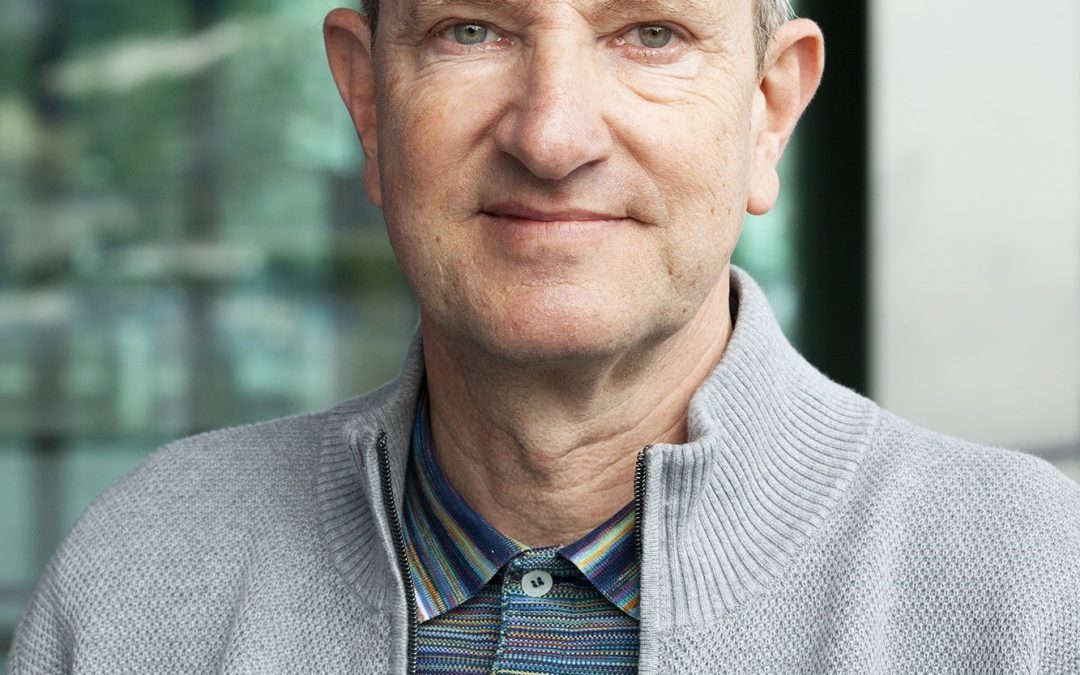
Feb 26, 2021
We are delighted to introduce you to our new co-chair for the Life After Stroke Forum meeting on the 12 March 2021
Jurg Schwyter will be joining the opening webinar session, Life after stroke: priorities, challenges and ways forward, as co-chair. As a linguist, stroke survivor and aphasiac, Jurg wants to reach out about the impact of a stroke on language, communication and multilingualism.
Find out more about the session here: https://bit.ly/2NilTNl
Register for free here https://bit.ly/3cXlJFR
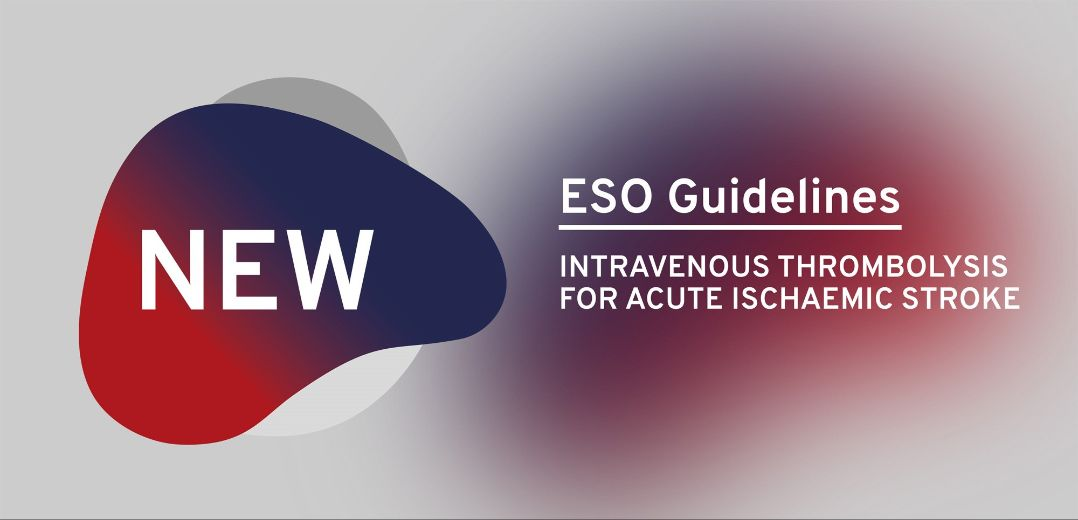
Feb 26, 2021
The European Stroke Organisation has published a new guideline on Intravenous Thrombolysis for acute ischaemic stroke in the European Stroke Journal.
This is the first in a series of up to 10 new guidelines that are expected to be published in 2021 with additional guidelines to follow in 2022.
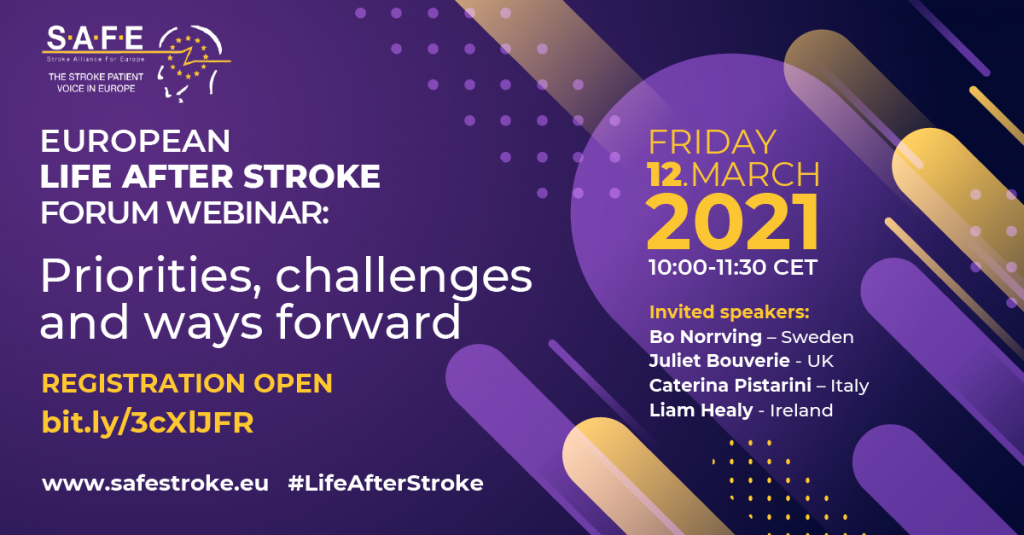
Feb 18, 2021
Life after stroke: priorities, challenges and ways forward on 12 March 2021 09.00-10.30 GMT
In this opening session we will hear from Bo Norrving (Sweden), Juliet Bouverie (UK), Liam Healy (Ireland) and Caterina Pistarini (Italy) on people’s experiences of the impact of stroke before and during the pandemic, and how healthcare and support services have adapted to meet the challenges of post-pandemic stroke care.
Register for FREE here
Click here for full programme

Feb 11, 2021
Today we are launching a series of free interactive events to build the life after stroke healthcare, research and patient community, stimulate debate and ultimately improve life after stroke care and build interest for SAFE’s 1st European Life After Stroke Forum on 11 March 2022. You can find out more information here
Register for our first webinar, Life After Stroke: Priorities, opportunities, and ways forward on 12 March 2021 10.00-11.30 CET here

Feb 8, 2021
The world has been transformed over the last year due to the pandemic and our healthcare systems have been put under tremendous strain.
SAFE has listened to the stroke clinical community in Europe and we have decided to postpone our full virtual conference planned for 12 March 2021 until 11 March 2022.
Life after stroke is a priority for SAFE and we’ll be continuing our life after stroke programme of activities during 2021 to demonstrate our commitment to make life meaningful after stroke.
We will be planning a series of events during 2021 that will focus on life after stroke, to build and strengthen our stroke community and ensure stroke survivors voice is heard.
Our first event on 12 March 2021, will be one of many events that will address the issues around life after stroke to build up interest, enthusiasm and momentum in advance of the full conference meeting in March 2022.
More details to follow shortly.
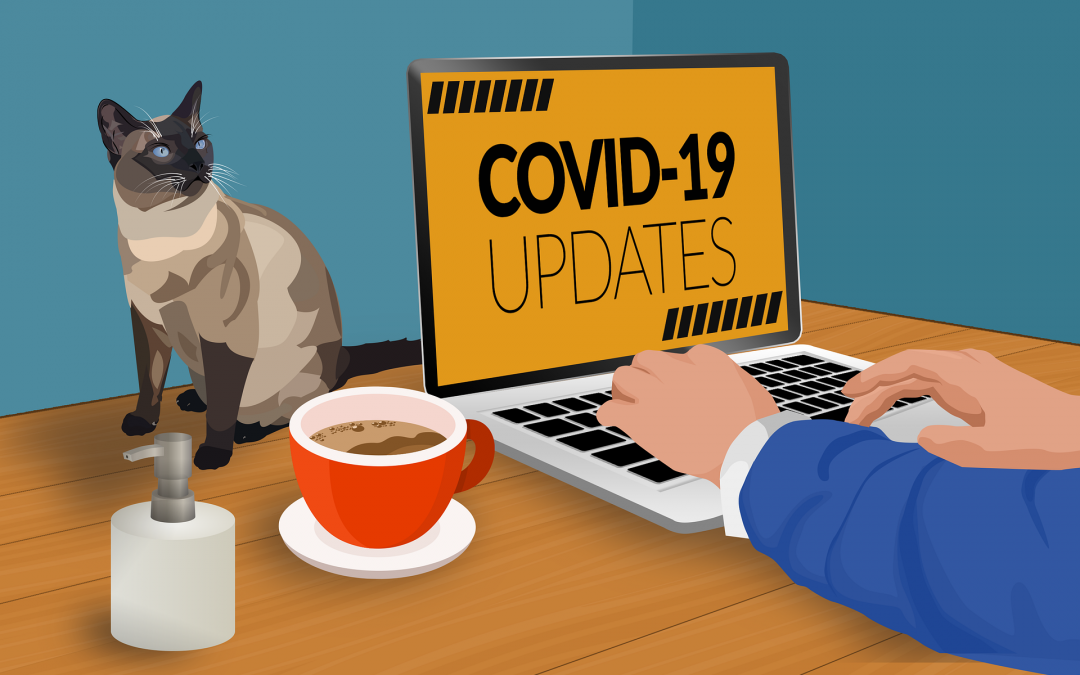
Feb 5, 2021
COVID-19 is associated with neurological manifestations, including stroke. In many cases, these have been reported even without respiratory symptoms. COVID-19 has been associated with acute cerebrovascular disease (including ischaemic and haemorrhagic stroke).
Patients presenting with rapidly developing neurological symptoms suggestive of stroke should be evaluated as soon as possible and standard stroke protocols should be followed including systemic thrombolysis and/or intra-arterial thrombectomy, if indicated.
Standard IPC measures must be followed during the clinical evaluation, neuroimaging or procedures for patients with stroke. The guidance also remarks that strokes can be missed in severely sick or unresponsive ICU patients and a low threshold for further evaluation (including neuroimaging) is recommended for acute neurological worsening. Read the full guidance here COVID-19 Clinical management: living guidance (who.int)
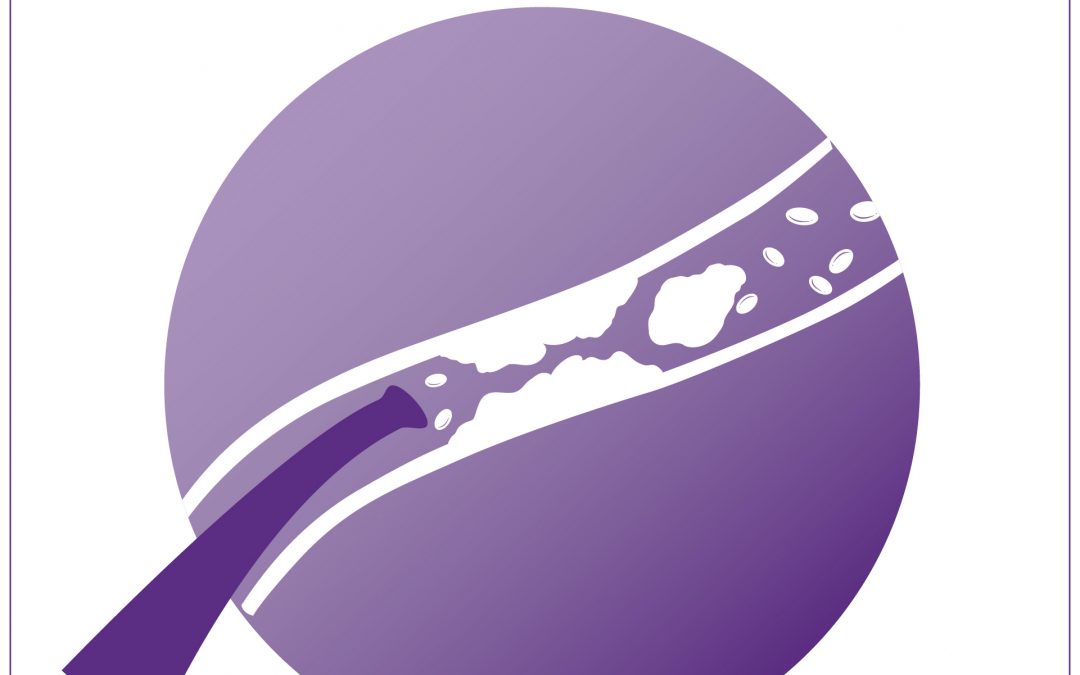
Jan 19, 2021
A paper published this month in Stroke Journal shows that treating all eligible patients with mechanical thrombectomy generated health and social care costs of €11 billion compared with €12 billion for current practice. Ramon Luengo-Fernandez and his team at the Health Economics Research Centre, University of Oxford, undertook the research for SAFE and was originally published, in At What Cost, the Economic Impact of Stroke in Europe. Find out more safestroke.eu/economic-impact-of-stroke
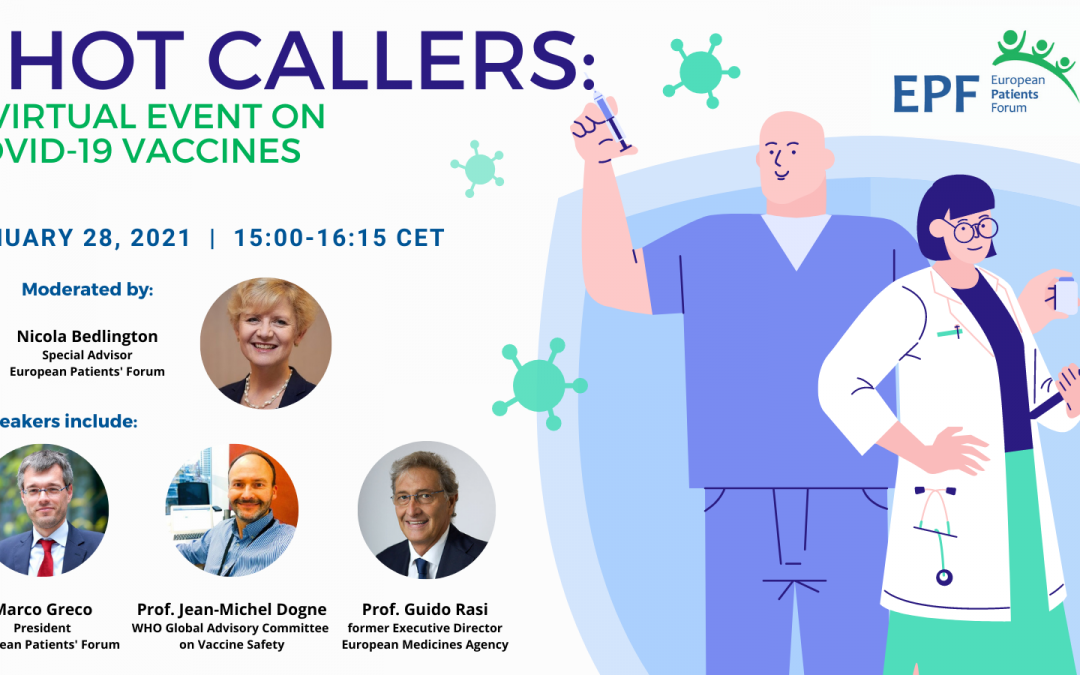
Jan 19, 2021
The European Patient Forum are hosting a event on all things related to the COVID-19 vaccines on Thursday, 28 January 2021 – 15:00-16:15 CET.
The COVID-19 pandemic has led to the development and approval of new vaccines in a much shorter time-frame than usual. As a result, there are still several questions that patients and civil society need to be answered.
Join them for a virtual event on 28 January 2021 between 15:00-16:15 CET with credible experts in the field of therapeutics and vaccines to shed light on all things related to the COVID-19 vaccines.
EPF Special Advisor Nicola Bedlington will moderate a lively and informative discussion with:
- Prof. Jean-Michel Dogne, Member of WHO Global Advisory Committee on Vaccine Safety,
- Prof. Guido Rasi, former Executive Director of European Medicines Agency (EMA) and;
- Marco Greco, President of European Patients’ Forum.
A Q&A session will follow the live discussion.
Register: https://register.gotowebinar.com/register/1295587948611270156
Event Agenda
Participation is free so please share amongst your colleagues and networks.
We hope this event will bring greater knowledge and awareness and instil greater European confidence in vaccination

Dec 21, 2020
We wish to extend out thanks for your continued support during a challenging year for us all. The pandemic has stretched healthcare systems to breaking point across Europe, touching everyone, including those affected by stroke.
We now know much more about the link between COVID-19 and stroke.
We know that if you have pre-existing risk factors for stroke or if you have suffered from a stroke, the risk of a severe COVID-19 infection is high. In addition, stroke is one of the complications of a COVID-19 infection even in people who had not previously been thought of as at risk of stroke.
We hope you are keeping safe and well and that you are looking forward to a festive break hopefully with your loved ones. And we look forward to working with you in 2021 with renewed vigour, working together to raise awareness of stroke and reduce the number of strokes in Europe by advocating for better prevention, access to adequate treatment, post stroke care and rehabilitation.













